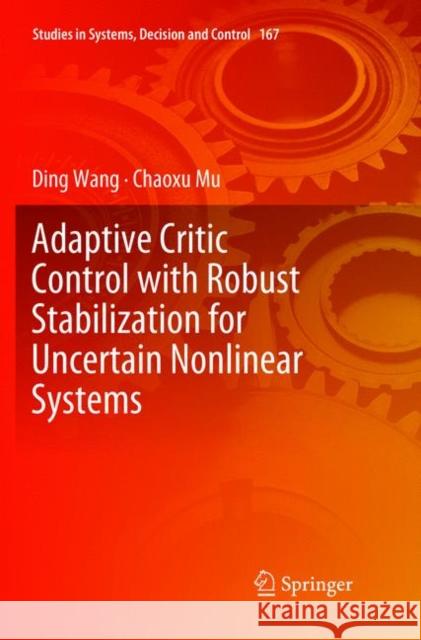Adaptive Critic Control with Robust Stabilization for Uncertain Nonlinear Systems » książka
topmenu
Adaptive Critic Control with Robust Stabilization for Uncertain Nonlinear Systems
ISBN-13: 9789811345937 / Angielski / Miękka / 2019 / 307 str.
Kategorie:
Kategorie BISAC:
Wydawca:
Springer
Seria wydawnicza:
Język:
Angielski
ISBN-13:
9789811345937
Rok wydania:
2019
Wydanie:
Softcover Repri
Numer serii:
000477984
Ilość stron:
307
Waga:
0.45 kg
Wymiary:
23.39 x 15.6 x 1.75
Oprawa:
Miękka
Wolumenów:
01
Dodatkowe informacje:
Wydanie ilustrowane











